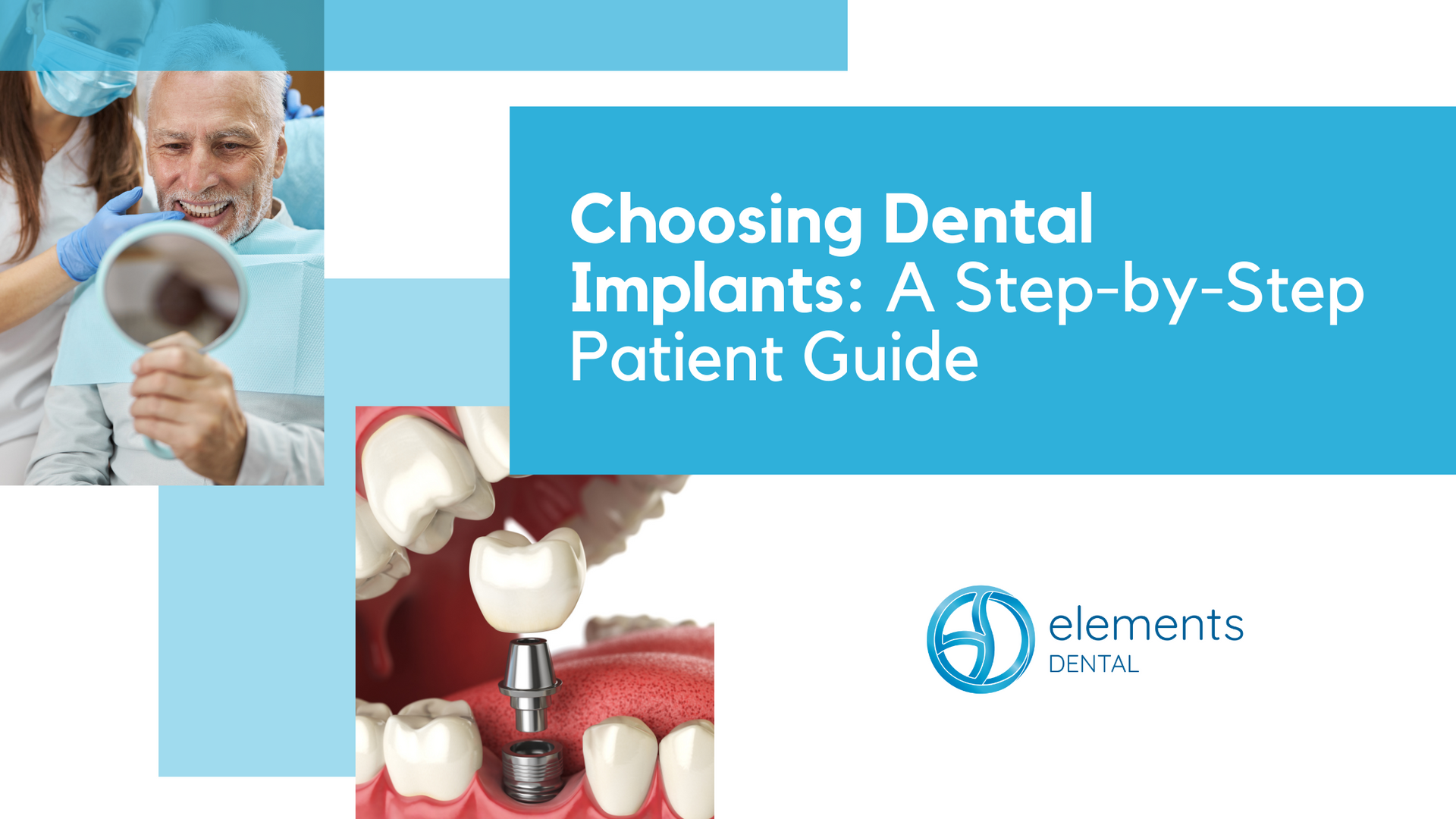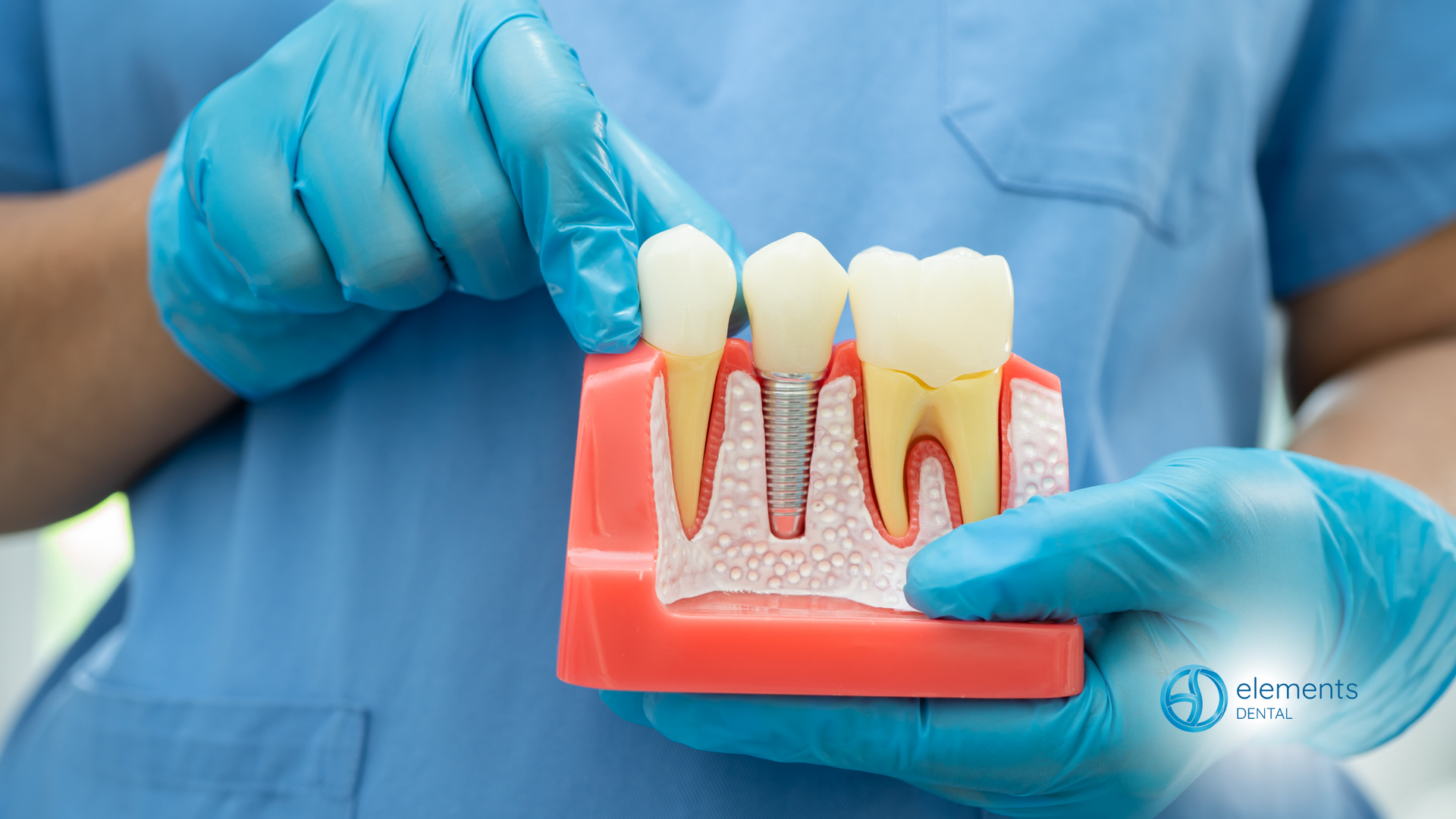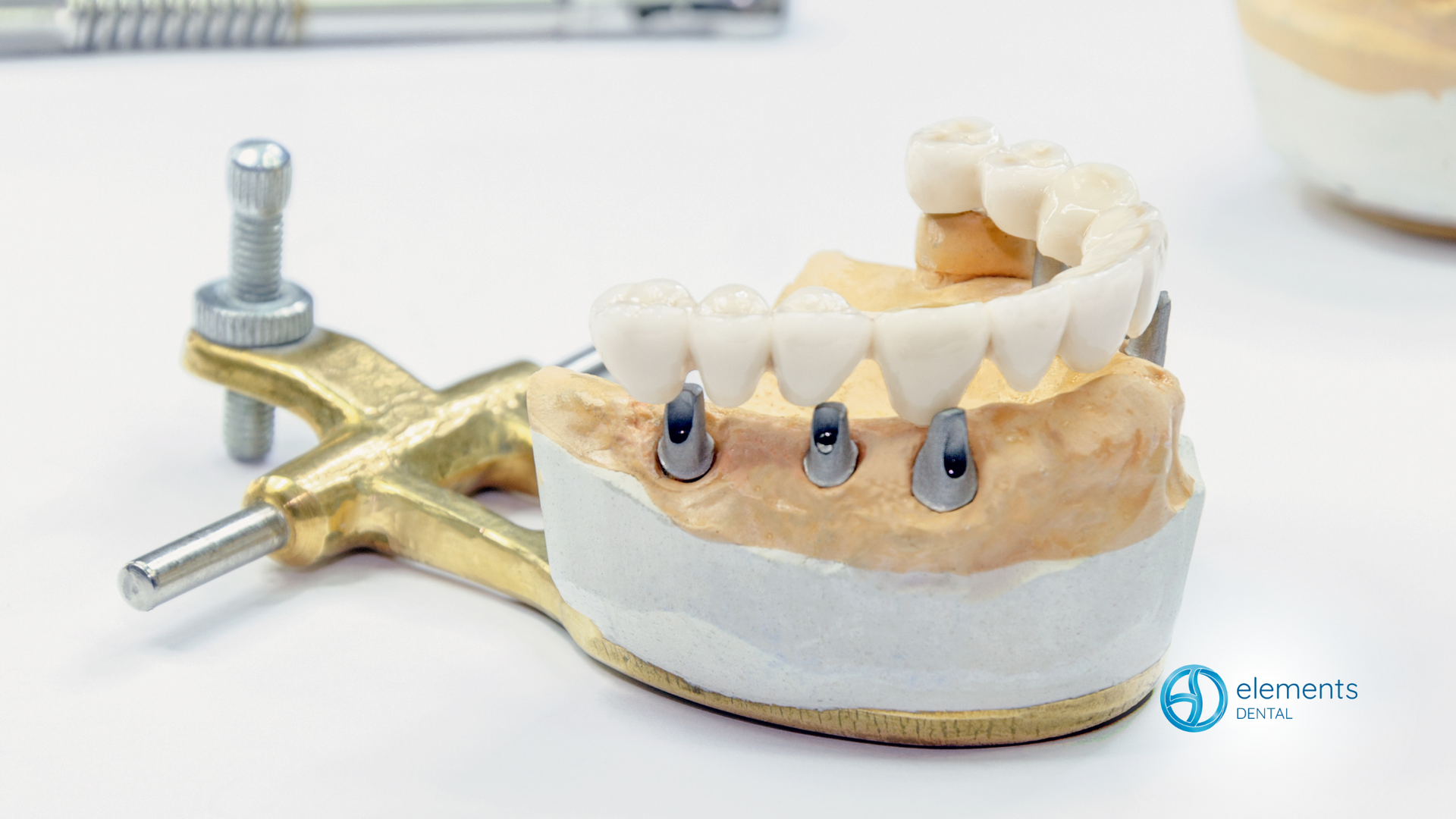Choosing Dental Implants: A Step-by-Step Patient Guide

Source: Dr. Marketing
Tooth loss can affect more than just how your smile looks. It can influence how you chew, speak, and feel about your appearance. While bridges and dentures have been used for decades to replace missing teeth, dental implants have redefined long-term oral restoration by offering a secure, natural-feeling, and often permanent solution.
If you are considering tooth replacement options, this guide provides everything you need to know about dental implants—from how they work and what types are available to the full process and who qualifies for treatment.
What Are Dental Implants?

Dental implants are small titanium posts surgically inserted into the jawbone. These posts serve as artificial roots for teeth that have been lost due to decay, trauma, or other conditions. Once the implant is securely in place, it supports a crown, bridge, or denture—depending on how many teeth need replacing.
Unlike removable prosthetics, implants fuse with the jawbone over time in a process known as osseointegration. This makes them highly stable and functional, replicating the structure and strength of natural teeth more effectively than traditional solutions.
Why Dental Implants Stand Out
Dental implants are more than just an aesthetic fix. Their structural and functional benefits are extensive:
- Durability: Implants are designed to last for many years—often decades—with proper care.
- Bone preservation: Because implants replace the root of the tooth, they stimulate the jawbone and help prevent bone loss.
- No impact on adjacent teeth: Unlike dental bridges, implants do not require grinding down nearby teeth for support.
- Natural appearance and function: Implants look and feel like natural teeth, allowing for confident speech, smiling, and eating.
Who Is a Good Candidate?

Dental implants are suitable for most adults with good oral and general health. However, a few criteria must be met for long-term success:
- Healthy gums with no active periodontal disease
- Sufficient jawbone density to support the implant post
- Commitment to oral hygiene and regular dental visits
- No uncontrolled systemic conditions like diabetes or autoimmune diseases that impair healing
Even if you have bone loss, you may still qualify through additional procedures like bone grafting.
Types of Dental Implants

Implants come in various configurations depending on how many teeth are missing and the condition of the jawbone.
Single Tooth Implants
Used to replace one missing tooth, this type consists of a single implant post and crown. It is ideal when one tooth is lost due to trauma or decay and does not affect the surrounding teeth.
Implant-Supported Bridges
When several teeth in a row are missing, two or more implants can anchor a fixed bridge. This option avoids placing a separate implant for each missing tooth and eliminates the need to alter adjacent teeth.
Implant-Retained Dentures
If all teeth in the upper or lower arch are missing, dental implants can be used to secure a full denture in place. This is far more stable than traditional removable dentures and helps maintain jawbone density over time.
Spotlight on All-on-X and All-on-4 Implants
These systems are designed for full-arch restoration using fewer implants than traditional methods. Instead of one implant per tooth, All-on-4 uses four strategically placed implants to anchor a full arch, while All-on-X refers to variations that may use five to eight implants depending on the patient’s needs.
These advanced solutions are ideal for patients with significant tooth loss and are particularly appealing because they often eliminate the need for bone grafting and allow for quicker restoration.
The Dental Implant Process: What to Expect

Understanding the full dental implant process can help ease concerns and allow for informed decision-making. The journey usually includes several stages:
- Initial Consultation and Treatment Planning: During this first step, our dentist will review your medical history, conduct a thorough oral examination, and take digital scans or X-rays. The goal is to assess bone health, identify any active gum disease or decay, and develop a tailored treatment plan.
- Bone Grafting (If Needed): If your jawbone is too thin or soft to support an implant, our dentist may recommend bone grafting. This step reinforces the bone structure and provides a solid foundation for the implant. Healing may take several months before implant placement can proceed.
- Surgical Placement of the Implant: The implant post is inserted into the jawbone under local anesthesia or sedation, depending on comfort levels. This stage is generally quick and causes minimal discomfort. After placement, healing begins as the implant integrates with the bone.
- Healing and Osseointegration: Osseointegration can take several weeks to months, depending on the individual. During this period, a temporary crown or denture may be worn. The implant must fully bond with the bone to provide lasting stability.
- Abutment Placement: Once healing is complete, an abutment is attached to the implant. This component connects the implant to the final crown or denture. It typically requires a minor procedure and a brief recovery period.
- Final Restoration: A custom-made crown, bridge, or denture is secured to the abutment. The restoration is carefully matched to the color, size, and shape of your natural teeth, ensuring a comfortable and aesthetic result.
Managing Discomfort and Anxiety

Implant procedures are generally well tolerated. Local anesthesia is often sufficient, but sedation options are available for those with anxiety or for more complex surgeries. Post-operative discomfort is usually mild and may include swelling, bruising, or sensitivity at the implant site. Pain is often managed with over-the-counter medications and resolves within a few days.
Recovery and Care Tips
Proper care after implant placement plays a vital role in long-term success. Here are some basic tips:
- Oral Hygiene: Brush and floss daily around the implant just as you would with natural teeth.
- Soft Diet: For the first few days, avoid crunchy or hard foods that could stress the implant site.
- Avoid Smoking: Smoking can impair healing and increase the risk of implant failure.
- Routine Checkups: Visit our dentist regularly for professional cleanings and to monitor implant health.
Longevity and Success Rates
Dental implants have one of the highest success rates in dentistry—over 95% when placed and cared for correctly. With proper hygiene and regular dental visits, implants can last 15 years or more, and many last a lifetime. Factors that influence longevity include:
- Overall health
- Oral hygiene habits
- Whether the patient smokes
- Bone quality and density
Common Misconceptions About Implants

It is natural to have concerns or confusion about implants. Let us address a few common myths:
"Implants are painful."
The procedure involves minimal discomfort, and most patients recover quickly.
"They are too expensive."
While the upfront cost is higher than dentures or bridges, implants offer better long-term value due to their durability.
"Older adults can not get implants."
Age is not a limiting factor; many older patients enjoy long-term success with implants.
"The process takes too long."
While healing is necessary, certain systems like All-on-4 offer faster options, including same-day teeth in some cases.
Why Dental Implants May Be Right for You

If you are missing teeth and looking for a solution that mimics your natural teeth in appearance and function, dental implants are worth considering. They restore not just your smile but also your ability to eat, speak, and enjoy life confidently. Whether you need to replace one tooth or many, implants offer customizable solutions to meet your needs.
A Lasting Investment in Oral Health
Dental implants have transformed the way we approach tooth replacement. They offer unmatched strength, aesthetics, and longevity, making them the preferred option for many patients today.
If you are exploring your options, reach out to Elements Dental in Downtown Victoria to schedule a consultation. Our team will help determine if dental implants are right for you and walk you through the process with clarity and care.



